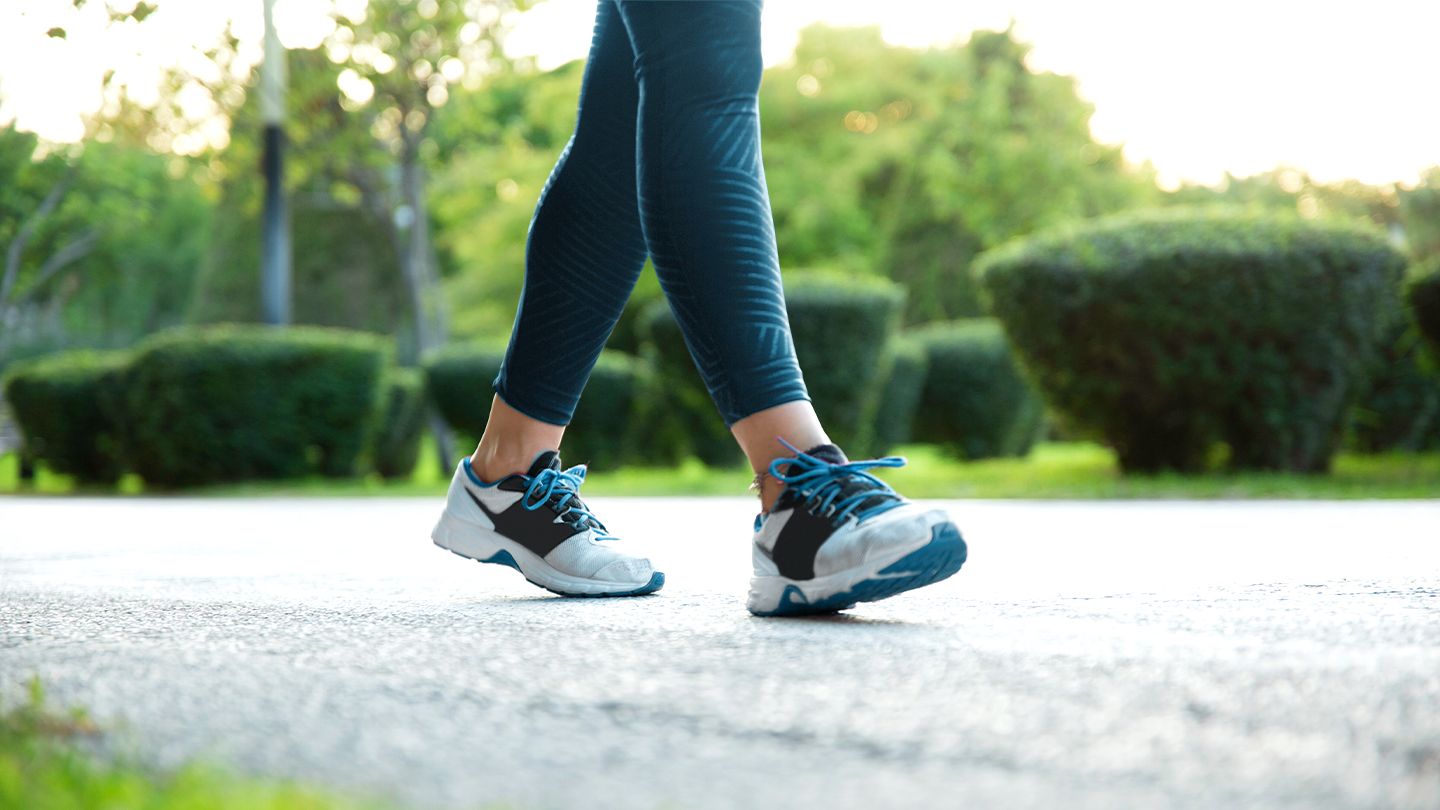Kidney infections can be an uncomfortable experience, and staying physically active while experiencing an infection that causes back pain can be especially challenging.
If back pain is getting in the way of your workouts, you might be wondering if you can (or should) exercise with a kidney infection. While you can exercise, it’s important to know more about kidney infections before you carry on with your regular fitness routine.
Kidney Infection Causes and Symptoms
A kidney infection, otherwise known as pyelonephritis, is a type of urinary tract infection that originally begins in your urethra or bladder but then travels to the kidneys, according to Mayo Clinic.
The most common cause of a kidney infection is bacterial infections like E. coli or a staph infection, according to Cleveland Clinic.
However, certain underlying factors can also raise your risk of experiencing a kidney infection. These include:
- Having kidney stones or an enlarged prostate gland, which can disrupt your urine from emptying properly, causing bacteria to flow back up to the kidneys
- Experiencing vesicoureteral reflux, a condition that causes urine to flow backward into your bladder, rather than out
- Living with underlying health conditions such as diabetes or HIV
- Being female, as women have a shorter urethra, making it more likely for bacteria to travel to the bladder and kidneys
Anthony Kouri, MD, an orthopedic surgeon at Duly Health and Care in Downers Grove, Illinois, explains that the common symptoms of a kidney infection include fever, chills, back or flank pain, a burning sensation when urinating, blood in the urine, and a strong urge to urinate. If you are experiencing these symptoms, Dr. Kouri says that it is incredibly important to see your healthcare provider, as untreated kidney infections can cause serious complications.
Exercise With a Kidney Infection
Unfortunately, there is limited information on how exactly to exercise when you have a kidney infection. That said, there are some general guidelines for participating in physical activity while experiencing back pain.
Generally speaking, whether you should or shouldn’t work out depends on your symptoms. If you’re experiencing severe symptoms that are causing excruciating pain, it may be better to rest your body as you recover on antibiotics.
However, if your pain is tolerable and you’re still looking to stay active during your recovery, there are some options to choose from. For instance, the Hospital for Special Surgery recommends that gentle aerobic exercise, such as biking, walking, and yoga, may help improve back pain. It’s also worth noting that they recommend swimming when you have back pain, but when you have a urinary tract infection or kidney infection, it’s essential to avoid pools, as this can worsen the infection or lead to complications.
But Kouri also wants you to remember one tip if you do work out with a kidney infection: the importance of staying hydrated. He explains that dehydration can make kidney infections worse, so keeping your body hydrated before, during, and after exercise is crucial.
Plus, by staying hydrated, Kouri says you will urinate more, which helps flush out bacteria in the urinary tract. “You are often slightly dehydrated when experiencing a kidney infection, so you should be drinking more water than usual while exercising,” says Kouri.










